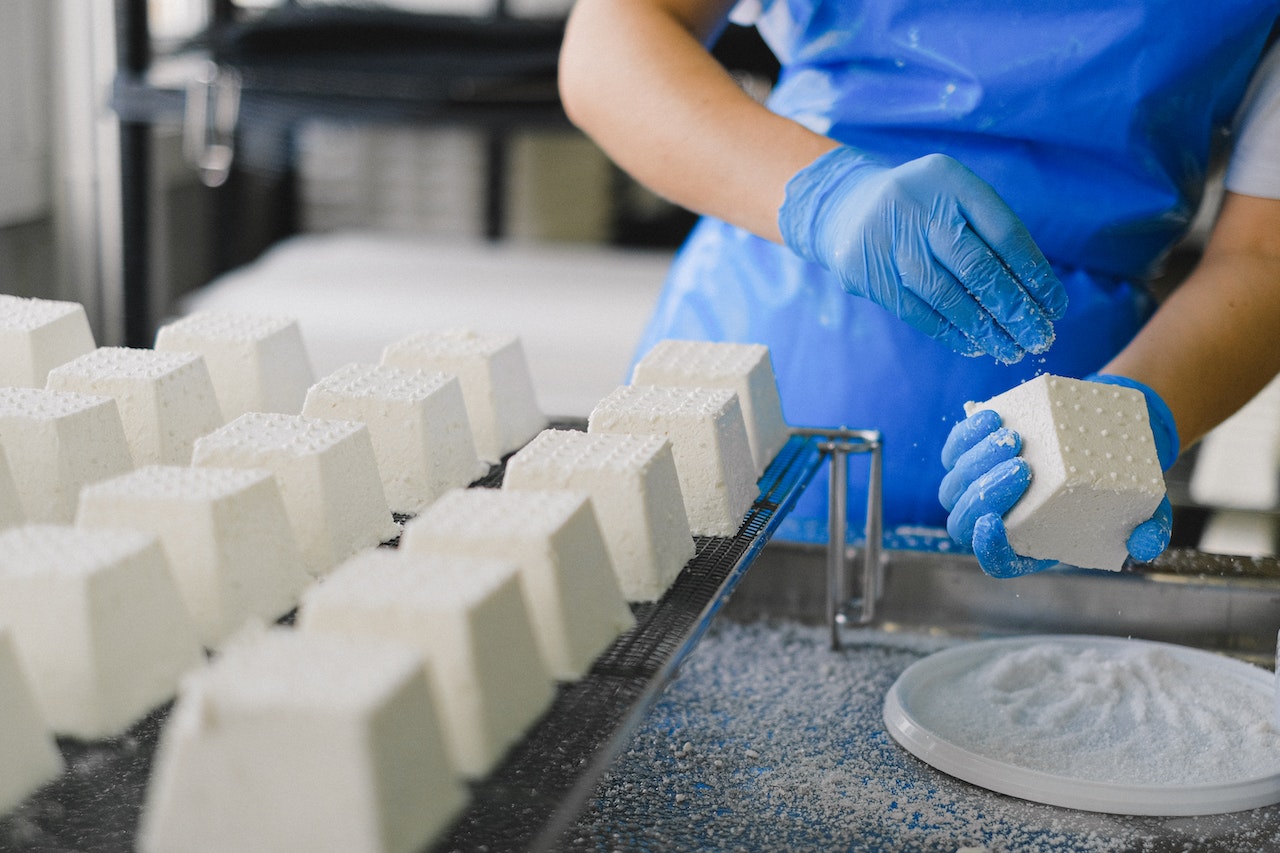It’s no secret that the food manufacturing industry significantly impacts the environment. Experts like Christopher Linton in Houston, Texas, understand that growing and processing food crops require vast energy and water. In contrast, the packaging and transportation of foods contribute significant amounts of greenhouse gases to the atmosphere.
As the world becomes increasingly aware of the need to reduce our impact on the environment, pressure is mounting on food manufacturers to find more sustainable solutions. But is this achievable? Let’s take a look at some of the ways that food manufacturers are working to lessen their environmental footprint.
IMAGE: PEXELS
Reducing Food Waste
One of the most apparent ways food manufacturers can be more sustainable is by reducing the food waste they produce. Every year, billions of pounds of excellent food are sent to landfills because it doesn’t meet cosmetic standards or has been damaged in transit. This wastes valuable resources and creates methane, a potent greenhouse gas.
Food manufacturers are beginning to address this problem by working with organizations like ReFED, leading a multi-sector effort to reduce food waste in the United States. Through initiatives like developing new technologies to prolong shelf life and changing best-by-date labeling, ReFED estimates that we could reduce food waste by 20% by 2025.
Christopher Linton says another way to reduce food waste is by selling “ugly” fruits and vegetables. These perfectly edible foods don’t meet cosmetic standards but are often thrown away simply because they don’t look perfect. In 2015, French grocery store Intermarché launched an initiative to sell ugly fruits and vegetables at a 30% discount, and it was so successful that other stores across the country followed suit.
Packaging
The packaging materials used by food manufacturers have a significant impact on the environment. Most packaging is made from either plastic or paper, which requires large amounts of energy and water. In addition, the transportation of packaging materials contributes to greenhouse gas emissions.
One way that food manufacturers are making their packaging more sustainable is by using recycled materials. Recycled plastic can create new packaging materials, while recycled paper can be used to make things like egg cartons and cereal boxes. Many food manufacturers are also working to reduce the overall amount of packaging they use. This saves resources, reduces transportation emissions, and makes it easier for consumers to recycle.
Another way to make packaging more sustainable is by using biodegradable materials. Bacteria or other organisms can break these materials down, so they don’t need to be landfilled. Some companies are even working on packaging materials that can be eaten!
Improving Water Efficiency
Christopher Linton says water is another valuable resource often wasted in food manufacturing. It takes around 2,400 gallons of water to produce just one pound of beef! But there are many ways that food manufacturers can conserve water throughout the production process.
Many companies are already using things like captured rainwater, wastewater treatment systems, and drought-resistant crop varieties to reduce their water usage. And as water becomes increasingly scarce in many parts of the world due to climate change, we can expect to see even more innovative solutions being developed in the coming years.
This will become increasingly important in the years to come as water becomes an increasingly scarce resource due to climate change.
Investing In Renewable Energy
Renewable energy is another area where food manufacturers are making a difference. Food production requires a lot of energy from burning fossil fuels like coal and natural gas. This not only contributes to climate change but also creates air pollution.
Fortunately, many food manufacturers invest in renewable energy sources like solar and wind power. In 2015, Nestlé became the first food company to commit to using 100% renewable electricity for all of its operations. And since then, other companies like Mars, General Mills, and Unilever have followed suit. I hope to see a positive impact on the environment in the coming years.
Decreasing Emissions
As we mentioned earlier, transportation is a significant source of greenhouse gas emissions from the food industry. But there are steps that companies can take to lessen their impact here, like investing in low-emission vehicles or partnering with local suppliers who use sustainable transportation methods.
Some companies had even gone so far as to completely rehaul their distribution systems—like when PepsiCo switched from trucks to boats for shipping its Gatorade products between plants in Florida!
Christopher Linton says in addition to transportation, food manufacturing also emits a lot of greenhouse gases through the production of fertilizer and animal feed. But there are ways to reduce these emissions, like using more efficient farming techniques or investing in alternative fertilizer sources.
Conclusion
While there’s still a long way to go before we can say that the food manufacturing industry is sustainable, it’s clear that progress is being made. And as consumers become more aware of environmental issues and demand more sustainable products, we can expect to see even more innovation in this area.
IMAGE: UNSPLASH
If you are interested in even more business-related articles and information from us here at Bit Rebels, then we have a lot to choose from.


COMMENTS